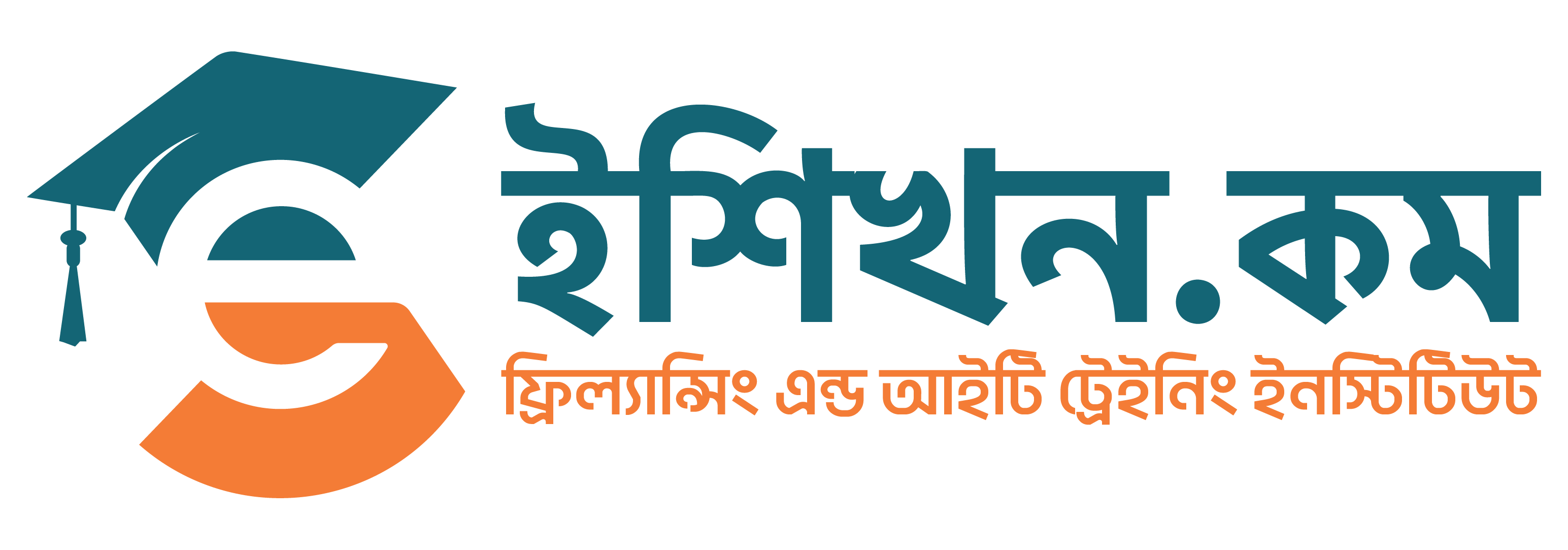- While যুক্ত sentence-এ while-এর পরে verb থাকলে verb-এর সঙ্গে ing যোগ হয়। আবার while-এর পরে subject থাকলে Past continuous tense হয়। যেমন: While (take) dinner, he received the phone. Ans.: While taking dinner, he received the phone.
While I (play) in the field, I saw him coming.
Ans.: While I was playing in the field, I saw him coming.
- Lest দ্বারা দুটি clause যুক্ত থাকলে lest-এর পরবর্তী subject-এর সঙ্গে auxiliary verb ‘should’/‘might’ বসে। যেমন: Read attentively lest you (fail) in the examination.
Ans.: Read attentively lest you should fail in the examination.
Walk fast lest you (be) late in your class.
Ans.: Walk fast lest you might be late in your class.
- Would that দ্বারা sentence শুরু হলে subject-এর পরে could বসে এবং মূল verb-এর Present form হয়। যেমন: Would that I (be) a bird! Ans.: Would that I could be a bird!
Would that I (visit) Cox’s Bazar
Ans.: Would that I could visit Cox’s Bazar
- সাধারণত each, one of, every, either, neither ইত্যাদি দ্বারা কোনো subject গঠিত হলে সেটি third person singular number হয়। তাই এদের পরের verbটিও singular number হয়। যেমন: Each boy (come) here. Ans.: Each boy comes here.
Everybody (wish) to be happy. Ans.: Everybody wishes to be happy.
- 24. Adjective-এর আগে the বসলে subjectটি plural হয় এবং তদনুযায়ী verb বসে।
যেমন: The virtuous (to be) blessed.
Ans.: The virtuous are blessed.
The poor (live) from hand to mouth.
Ans.: The poor live from hand to mouth.
- Titles, names, phrase of measurement দেখতে plural হলেও singular verb হয়।
যেমন: Thirty miles (to be) a long way.
Ans.: Thirty miles is a long way.
Star Wars (to be) an excellent movie.
Ans.: Star Wars is an excellent movie.
Eight hours (to be) a long time to work.
Ans.: Eight hours is a long time to work.
- কোনো sentence ‘It’ দ্বারা শুরু হলে পরবর্তী verb singular হয়।
যেমন: It (to be) difficult to do.
Ans.: It is difficult to do.
It (to be) you who have done this.
Ans.: It is you who have done this.
- কোনো sentence যদি introductory there দ্বারা শুরু হয় এবং তারপর singular number থাকে, there-এর singular verb হয়। আর যদি there-এর পরে plural number থাকে তবে plural verb হয়।
যেমন: There (to be) a big river beside our village.
Ans.: There was a big river beside our village.
There (to be) a lot of work left for us.
Ans.: There were a lot of work left for us.
- Let, had better, had rather, would better, would rather ইত্যাদি থাকলে form বসে।
যেমন: I would rather die than (beg) .
Ans.: I would rather die than beg.
Would you let me (go) there?
Ans.: Would you let me go there?
- If যুক্ত clause-এর প্রথম অংশ Present indefinite tense হলে পরের অংশ Future indefinite হয়, অর্থাৎ structureটি হয় ‘If + Present + Future’.
যেমন: If you work hard, you (prosper) in life.
Ans.: If you work hard, you will prosper in life.
If he reads more he (pass) in the examination.
Ans.: If he reads more, he will pass in the examination.
- If-যুক্ত clause-এর প্রথম অংশ Indefinite tense হলে পরের অংশে subject-এর পরে would/could/might বসে এবং verb-এর Present form হয়। অর্থাৎ, structureটি হয় ‘If + Past indefinite’—(Subject + would/could/might + verb-এর Present form)।
যেমন: If he agreed, I (give) the money.
Ans.: If he agreed, I would give the money.
If you studied, you (get) a good result.
Ans.: If you studied, you would get a good result.
If they tried, they (succeed).
Ans.: If they tried, they would succeed.
- If-যুক্ত clause-এর প্রথম অংশ Past perfect tense হলে পরের অংশে subject-এর পরে would have/could have/might have বসে এবং verb-এর Past participle form হয়।
যেমন: If you had finished it sincerely, you (get) a profit. Ans.: If you had finished it sincerely, you would have got a profit.
If I had possessed vast wealth, I (help) the poor people.
Ans.: If I had possessed vast wealth, I would have helped the poor people.
- To ব্যাতিত preposition-এর পরের verb-এর সঙ্গে ing যুক্ত হয়।
যেমন: He is now engaged in (read).
Ans.: He is now engaged in reading.
One can gather knowledge by (travel).
Ans.: One can gather knowledge by traveling.
এই লেকচারের পরের পেইজে যেতে নিচের ![]() …. তে ক্লিক কর।
…. তে ক্লিক কর।
